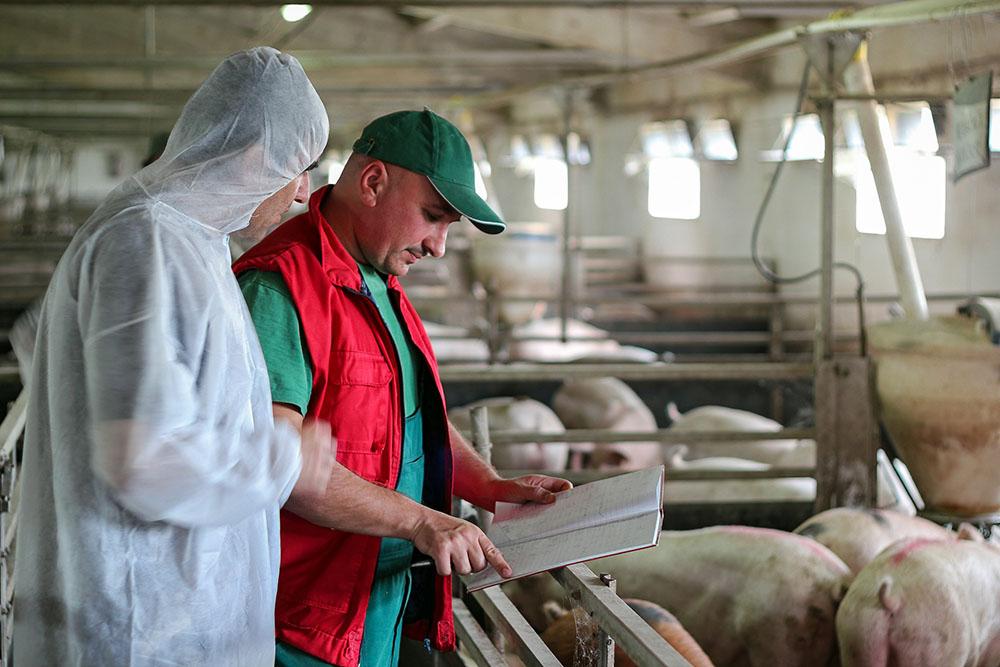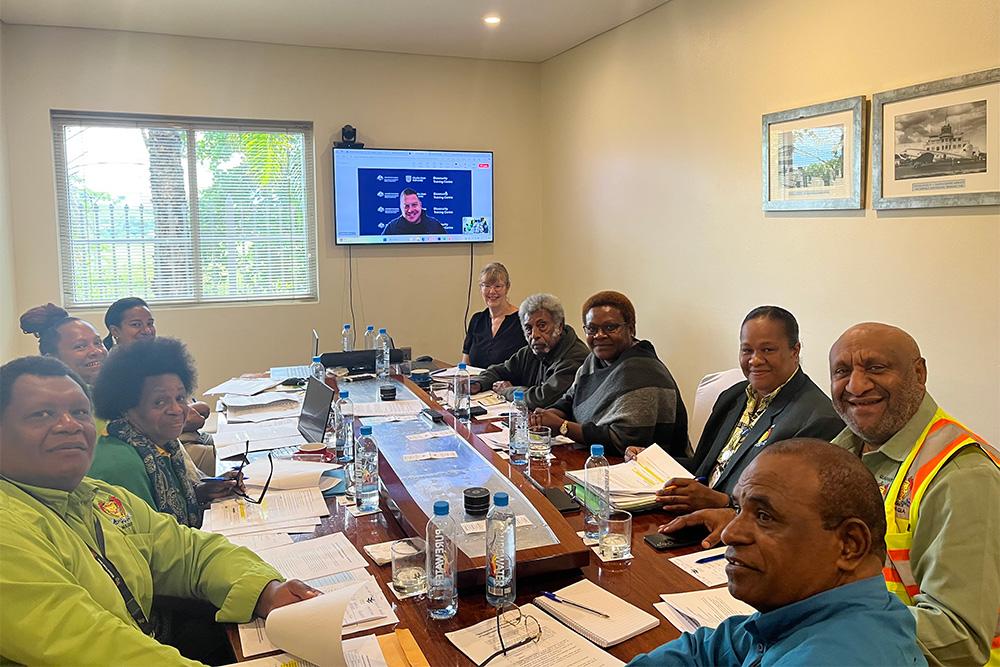The Department of Agriculture, Fisheries and Forestry has released the final report of the review of the rabies virus risk in imported cats and dogs on our webpage. All comments from stakeholders on the draft report have been carefully considered and several changes have been made in the final report.
Australia is free from the rabies virus. To protect this rabies-free status, the final policy review proposes some changes to existing import conditions for companion animals imported from approved countries into Australia. These new import conditions will be implemented from 1 March 2023. Applicants and import permit holders will be contacted directly about these changes and their options.
Since the last policy review in 2013, there has been growing commercialisation of the companion animal trade. Many countries, including Australia, have reported increases in fraudulent certification for cat and dog imports. Because most rabies risk management happens offshore, we rely on owners, importers and agents doing the right thing.
We have made changes to the import conditions to include animal identity verification by official government vets and, in some cases, a longer period of quarantine on arrival in Australia. All the existing biosecurity measures including vaccination, residency periods and health certification remain in place.
By implementing these biosecurity measures, the chances of an incursion will be greatly reduced while protecting and maintaining Australia’s rabies-free health status.
Being separated from one’s pet for a prolonged period can be stressful and upsetting. But the new measures in the policy review are for the benefit of both imported and domestic companion animals, as well as the broader community.
The review can be read here: https://www.agriculture.gov.au/biosecurity-trade/policy/risk-analysis/animal/dogs_and_cats.
The biosecurity advice can be read here: https://www.agriculture.gov.au/biosecurity-trade/policy/risk-analysis/memos/ba2023-a01.
Fast Facts:
The World Health Organization estimates that rabies causes tens of thousands of human deaths each year, up to 99% of which are due to transmission by infected dogs.
Rabies virus is present in many countries, but Australia is free from rabies virus. Strong import controls for dogs and cats are important to maintain this freedom.



